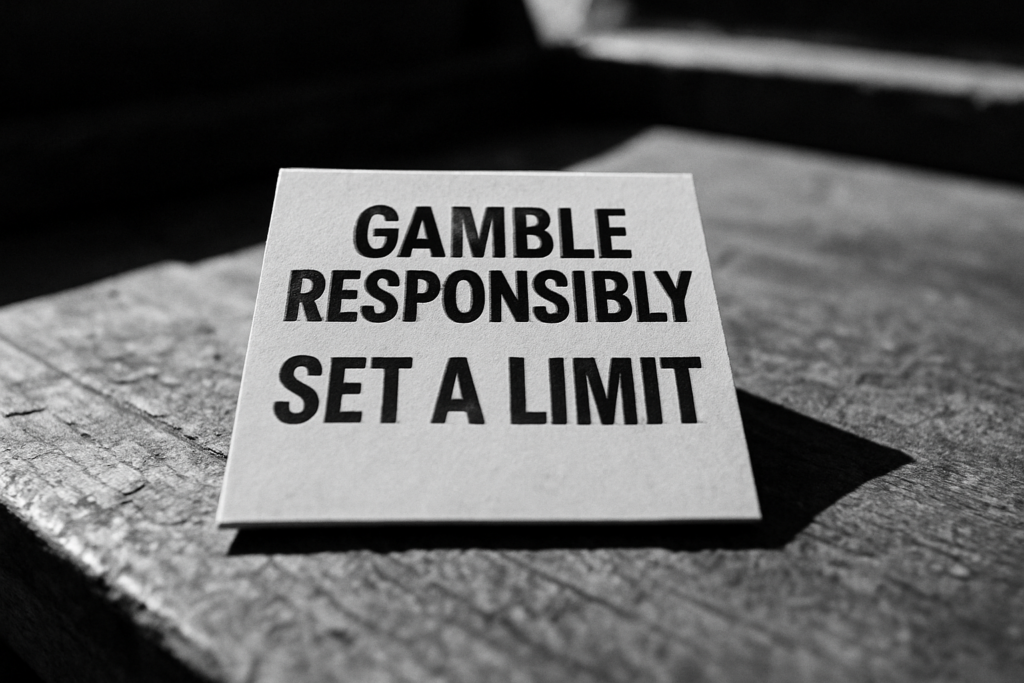What Is Gambling Addiction?
Gambling addiction, also known as compulsive gambling or gambling disorder, is a mental health condition recognized by healthcare professionals. It involves an uncontrollable urge to gamble despite negative consequences.
Definition and Characteristics
Gambling addiction is defined by the inability to resist the impulse to gamble, leading to significant personal and financial harm. Common characteristics include preoccupation with gambling, repeated unsuccessful attempts to stop, lying about gambling habits, and using gambling to escape emotional stress. The American Psychiatric Association classifies it as a behavioral addiction due to its similarities with substance use disorders, such as cravings and withdrawal symptoms.
Types of Gambling Addiction
Gambling addiction manifests in various forms depending on the behavior and preferences of the individual:
- Action Gambling: Involves risk-taking for excitement, commonly seen in games requiring skill or strategy, like poker.
- Escape Gambling: Focuses on numbing emotional pain or avoiding stress, often linked to slot machines or bingo.
- Casual Gambling Transitions: Develops into compulsive behavior when occasional participation escalates to a dependency on rewards, such as lottery tickets or sports betting.
Each type shares underlying traits of compulsive behavior but differs in motivation and gambling activity.
Signs and Symptoms of Gambling Addiction

Recognizing the signs of gambling addiction is crucial to addressing the problem early. Observable behaviors often reveal underlying struggles individuals may face.
Behavioral Indicators
Persistent gambling behaviors often highlight addiction-related issues. Some key behaviors include lying about gambling activities to conceal the extent of involvement, spending increasing amounts of time and money on gambling, and prioritizing gambling over responsibilities or relationships. Repeated attempts to stop gambling, followed by relapse, are common in those struggling with addiction. Neglecting personal or professional commitments and seeking loans or selling possessions to fund gambling also indicate a severe issue.
Emotional and Financial Impact
Gambling addiction often leads to significant emotional and financial strain. Sufferers may experience anxiety, depression, or irritability when not gambling. Mood swings, guilt, and feelings of helplessness are frequently reported. Financially, indebtedness, unpaid bills, and reliance on others to manage expenses become noticeable warning signs. Loss of savings, jeopardized assets, and bankruptcy can occur if gambling losses escalate. Emotional exhaustion from financial stress exacerbates the overall impact.
Genetic and Biological Factors
A genetic predisposition to addiction increases the likelihood of developing a gambling disorder. Studies suggest that individuals with a family history of substance use or behavioral addictions are at greater risk. Neurological factors, involving irregularities in brain reward systems and dopamine regulation, influence craving and reinforce compulsive gambling behaviors.
Consequences of Gambling Addiction
Gambling addiction impacts various aspects of life, extending beyond personal struggles to financial, social, and legal issues. These consequences often compound over time, creating a cycle that’s difficult to break.
Personal and Social Implications
Gambling addiction erodes personal well-being and damages interpersonal relationships. Individuals often suffer from chronic stress, anxiety, and depression, linked to their inability to control gambling behaviors. Physical health may decline due to poor self-care, sleep deprivation, or substance abuse.
Relationships with family and friends deteriorate as a result of deception, broken promises, and financial strain. Trust issues arise when individuals lie about gambling habits or redirect household finances to sustain their behavior. Social isolation becomes common, as individuals withdraw to avoid judgment or confrontation.
Economic Consequences
Financial instability is a hallmark of gambling addiction. Excessive gambling frequently leads to:
- uncontrollable debt
- unpaid bills
- diminished savings
Many individuals are forced to sell personal assets, max out credit cards, or even borrow money through illegal means to fund their gambling.
Loss of employment is another economic outcome. Missed workdays, lack of concentration, or diversion of work hours toward gambling activities jeopardize job security. Individuals may also face long-term financial insecurity, as recovery often necessitates years of repayment or rebuilding.
Legal Complications
Addiction to gambling can prompt legal issues due to unethical or criminal actions aimed at obtaining gambling funds or covering debts. Theft, fraud, or embezzlement often emerge as desperate measures.
Unpaid debts incurred from gambling, especially through illegal lenders, may result in legal disputes or violence. Court-mandated restitution, criminal records, and potential incarceration add layers of complexity to the individual’s recovery efforts.



 Veronique Godinezie – Entertainment & Gambling Trends Writer
Veronique Godinezie is an expert in the ever-evolving relationship between gambling and entertainment, serving as a Gambling Trends Writer at Gamble Wise Roll. With a keen interest in how gaming intersects with pop culture, esports, and digital innovation, she explores the latest trends that are redefining the gambling experience. From interactive betting experiences and skill-based gambling to the rise of virtual casinos and celebrity-endorsed gaming platforms, Veronique provides engaging and forward-thinking content that keeps readers informed about the future of gambling. Her storytelling brings an exciting and dynamic perspective to Gamble Wise Roll, offering insights into how the industry continues to evolve in the digital age.
Veronique Godinezie – Entertainment & Gambling Trends Writer
Veronique Godinezie is an expert in the ever-evolving relationship between gambling and entertainment, serving as a Gambling Trends Writer at Gamble Wise Roll. With a keen interest in how gaming intersects with pop culture, esports, and digital innovation, she explores the latest trends that are redefining the gambling experience. From interactive betting experiences and skill-based gambling to the rise of virtual casinos and celebrity-endorsed gaming platforms, Veronique provides engaging and forward-thinking content that keeps readers informed about the future of gambling. Her storytelling brings an exciting and dynamic perspective to Gamble Wise Roll, offering insights into how the industry continues to evolve in the digital age.
